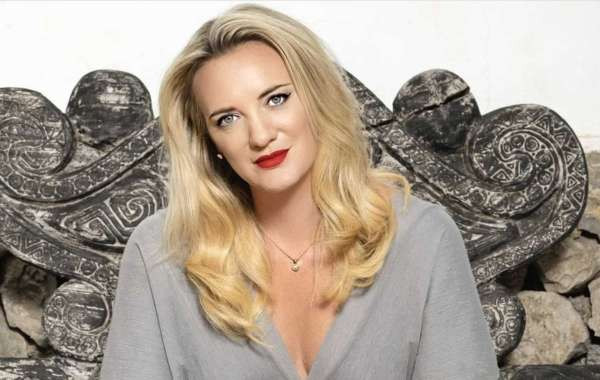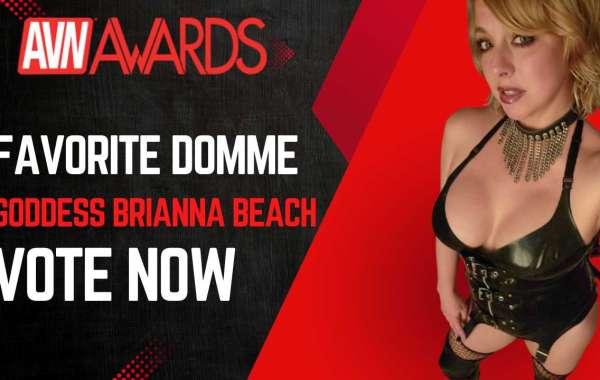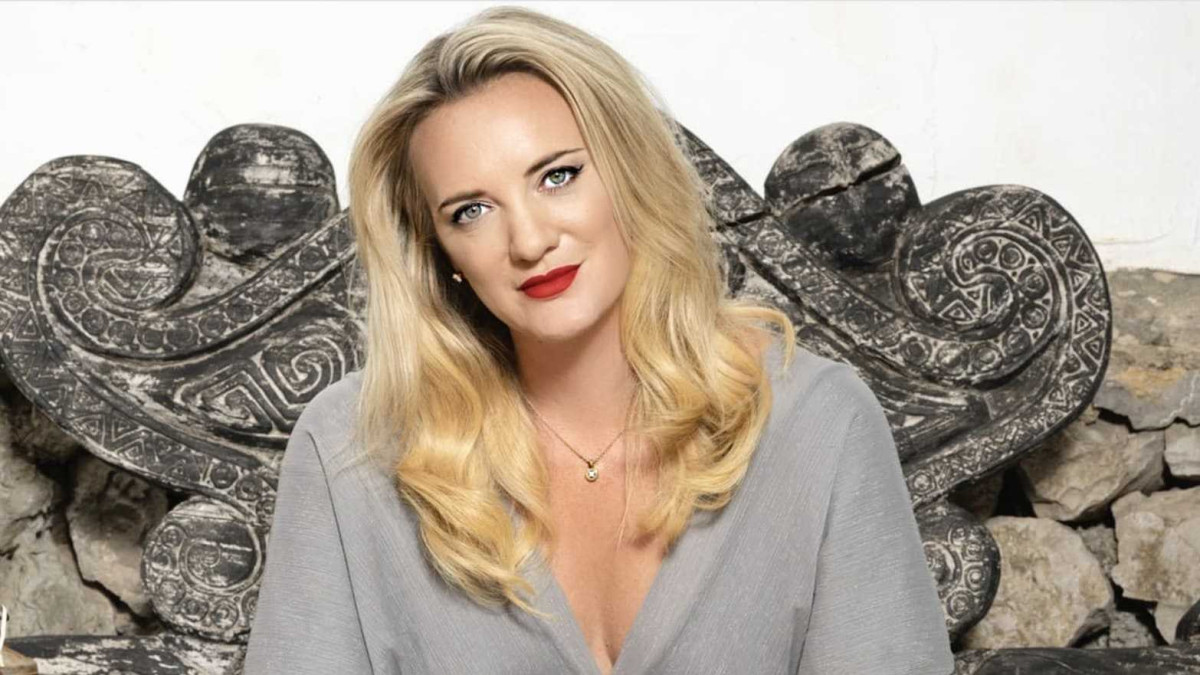
Show business is ugly, the scars invisibly etched in places you’ll never see even though your eyes have roamed our naked bodies a thousand times over. We are performance experts, holding our angled mirrors to channel a fantasy so believable sometimes it fools us too. We joke about it when you call us whores, block your vile comments about our children, pretend it’s less impactful than it is—if only to strip power from a bully. We tell ourselves we are strong, not like the others who broke, shattered to death by cruel words from virtual strangers. No, we tell ourselves, you cannot break us. Not us. Because we are different. But are we? It’s been over a decade since I left the adult industry and yet the same hateful messages continue—merely reduced to several times a week instead of a daily occurrence.
Since they monetize sex in entertainment, porn performers are often the most visible, dehumanized, and therefore highly-sought-after targets, unwittingly fanning the rage of bullies too threatened and incensed to look away. Persecuted online, defense tactics rely heavily on blocking, muting and reporting, but the number of fake accounts an obsessed rageaholic can generate is limitless. Social media is a cornerstone to independent success and profitability within the adult industry and is quite literally how content creators promote and sell their products. Thus, dealing with bullies on these platforms has a clear business impact, but the emotional toll is less obvious.
Harassing a sex worker doesn’t tend to provoke much sympathy either. Like the hot girl wearing a short skirt groped at a frat party, there exists a sense of judgmental merit—like they deserved it. Don’t bother questioning whether it’s right or wrong. Embrace it as an occupational hazard, stop complaining and move on—because the behavior is so prevalent that acceptance is ingrained and expected. And that’s why it never changes.
These attitudes are echoed within the XXX industry and pushed by agents and PR teams. As a prominent adult industry publicist stated to a client who wanted to push back against the harassing comments online, “Look, this isn’t a story. I don’t have time to take you in. No one will take this story because porn girls deal with this all the time. Get used to it and deal with it.”
But some sex workers are taking a stand against the normalization of online abuse.
“I’m an old-school porn star so I can deal with not having social media, but why should I have to? I don’t want to just show off my butt. It’s about creating a brand and growing it, and they are hurting my brand. I’m not going to take it, I’m going to fight it,” declares Diamond Kitty, who recently filed a police report against some of her online tormentors, citing three years of sustained harassment.
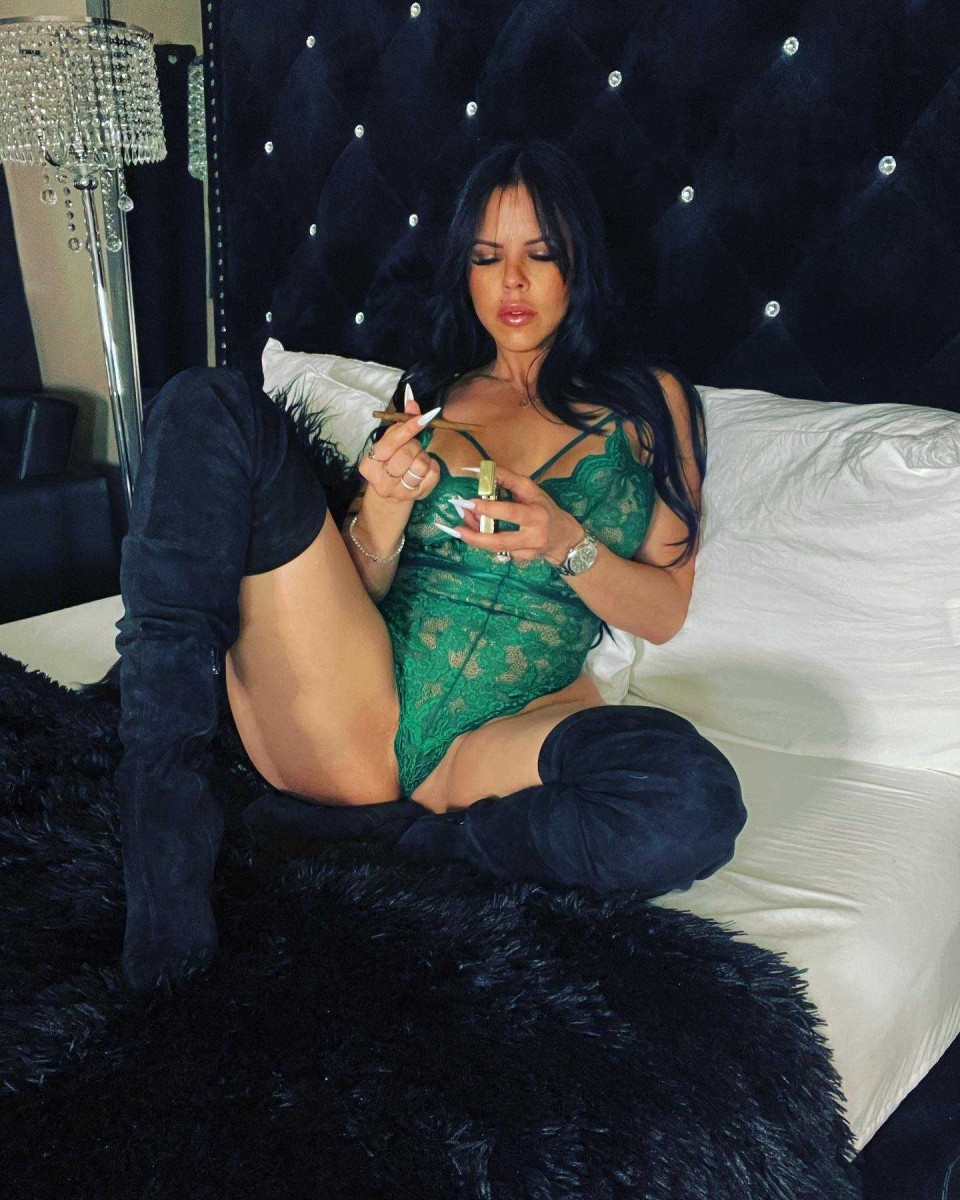
Before filing the police report, Kitty spent a considerable amount of time gathering evidence and sleuthing about the internet to identify her abusers, who hurled hate anonymously and fearlessly. The energy and devotion it took to unmask her tormentors at times left Kitty with the uneasy feeling that she was the one with the obsession, not the harassers.
“They’ve been tracking me, but I’ve been tracking them. I know three of the girls and who they are, that’s why I went to the police and reported them. This is so crazy because this is something a man would do!” says Kitty, who admits it’s even harder to be taken seriously when addressing harassment by other women.
The online harassment also bled into her personal social media pages—ones without any ties to her porn persona. “I had people messaging me because they said I was suicidal. [These bullies] were creating drama and trying to push me to do these things, but I’m too strong for this. I won’t let them. They cannot take me there and that is the reason I went to the police. I want to teach them that you cannot play with someone’s life like that,” insists Kitty. “It’s okay to speak up. These people think we owe them something and we don’t.”
They cannot take me there and that is the reason I went to the police. I want to teach them that you cannot play with someone’s life like that. It’s okay to speak up. These people think we owe them something and we don’t.
A former adult modeling agent and performer, Sheelagh Blumberg left the industry after a 10-plus year career to become a life coach, motivated in part by the desire to help “people build a better path and lives for themselves” after the extensive harassment she’d been subjected to—the same harassment she’s witnessing her sister Kitty go through.
“At first I used to cry and it overwhelmed me, and then I told myself this is not worth me breaking down,” she remembers. As is the case now, there was no one to turn to for help. Blumberg has experience and hindsight on her side. Leaving the adult industry granted her the opportunity to tune out those online bullies, but that’s a luxury few active performers have.
“They all just assume we are not worth helping out. I’ve seen friends die from emotional abuse because that is what cyberbullying is,” says Blumberg, who thinks the adult industry isn’t doing enough to support performers in the emotionally distressing fight against cyberbullying. “I don’t think the industry cares about the girls in this situation. They just think it’s normal and we should suck it up.”
No job should come with a built-in expectation of harassment, but this one does—and that makes it even more important to discuss. Toward the end of 2017, prolific adult star August Ames took her own life in what many assumed was a response to rampant cyberbullying, including calls for her to commit suicide.
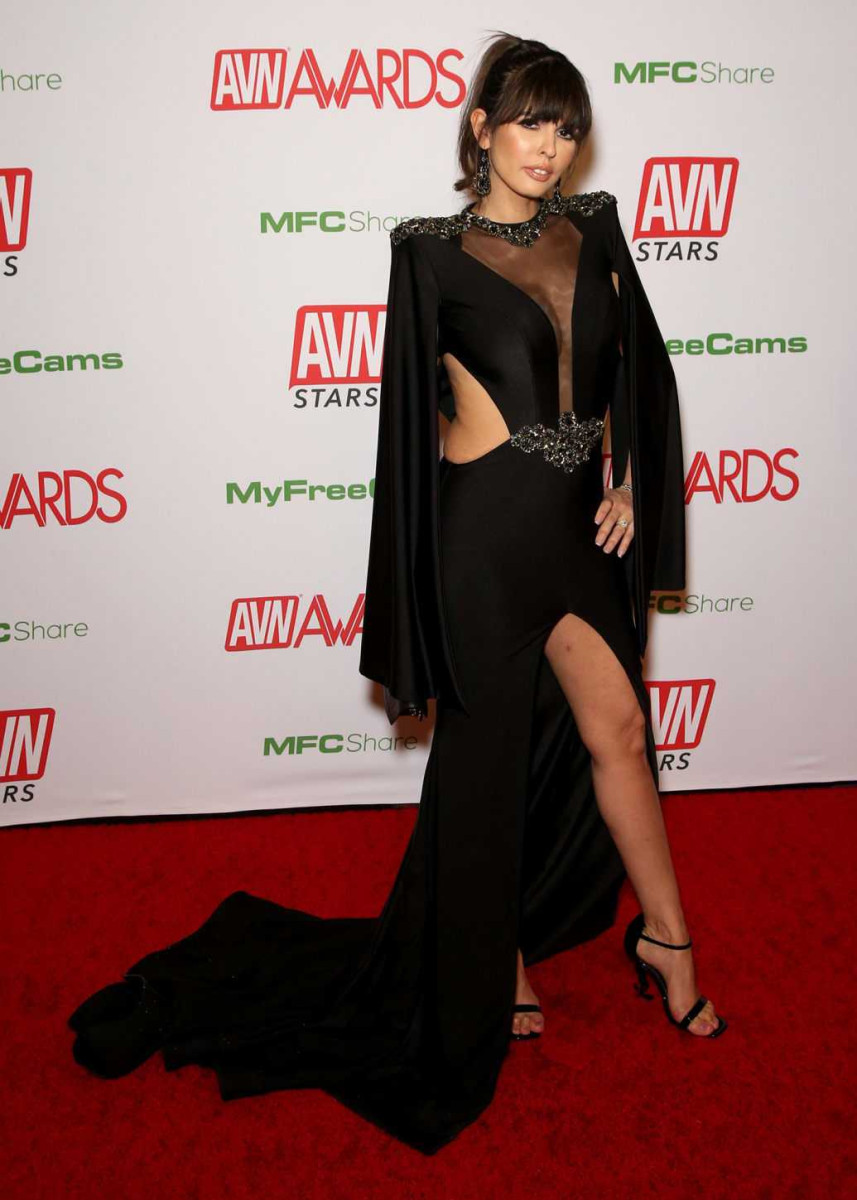
Shortly thereafter, a number of other prominent adult stars turned up dead—including Yuri Beltran, Olivia Nova, Olivia Lua, and Shyla Stylez.
Shocked by this sudden loss of life from so many seemingly successful adult stars, Leya Tanit, a former British performer, decided to form a 24/7 online emotional support platform to address the unique needs of sex workers and the lack of adequate mental health services available to them. “I felt like if I didn’t do this, no one else would. I felt like it had to be done and it had to be done immediately,” recalls Tanit, founder of Pineapple Support.
Finding unbiased adequate support is one of the biggest challenges for performers, Tanit says. “Because they worked in the adult industry, they couldn’t find the support they needed, support without stigma attached to it. Support came with blame for the industry.”
As a mental health professional and former performer, Tanit believes shame is at the heart of what drives people to attack sex workers online. “It’s generally other people’s shame projected onto us, onto this industry, because they are ashamed of what they are watching, ashamed of what they are feeling, ashamed of what is turning them on, and the way to validate that in themselves is to abuse those who they have direct access to,” she observes.
While some porn stars develop thick skin, a resiliency forged in the fires of strangers’ hate, others break just like anyone else would. These are real people who embody a fantasy for your viewing entertainment, and they are dehumanized and devalued because our sex-shaming culture is too embarrassed to admit that porn isn’t the enemy.
Source: The Daily Beast
